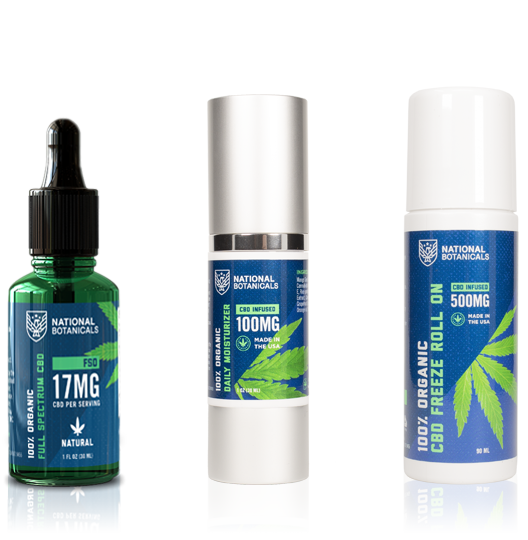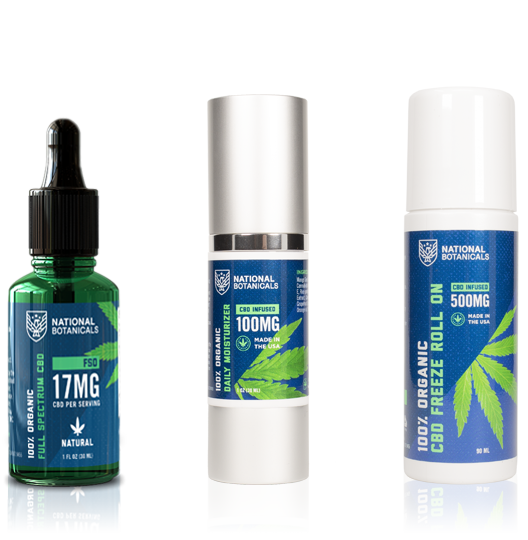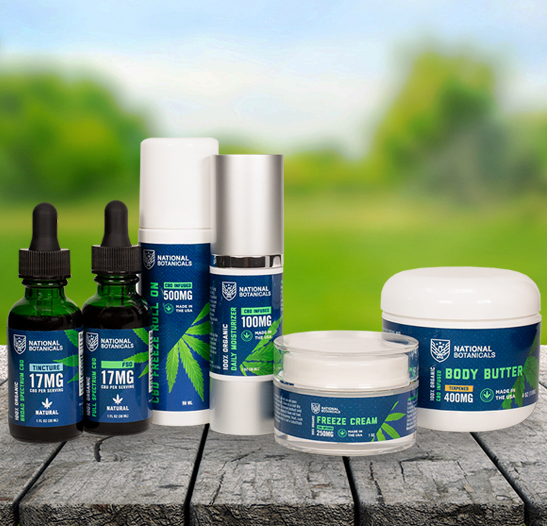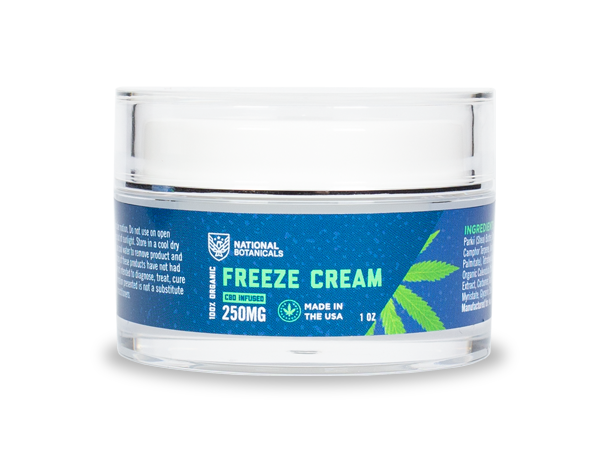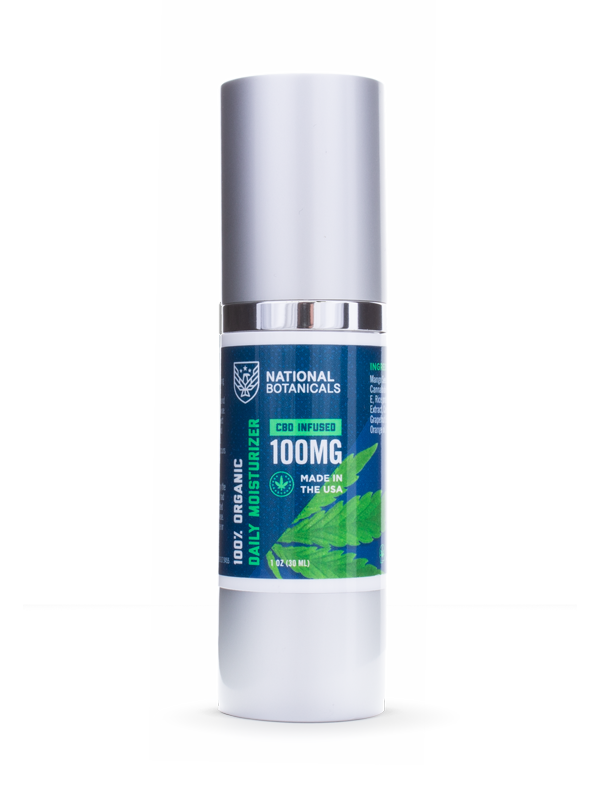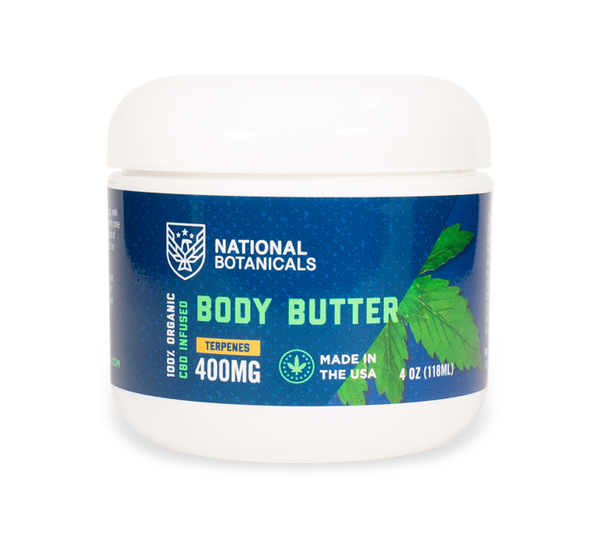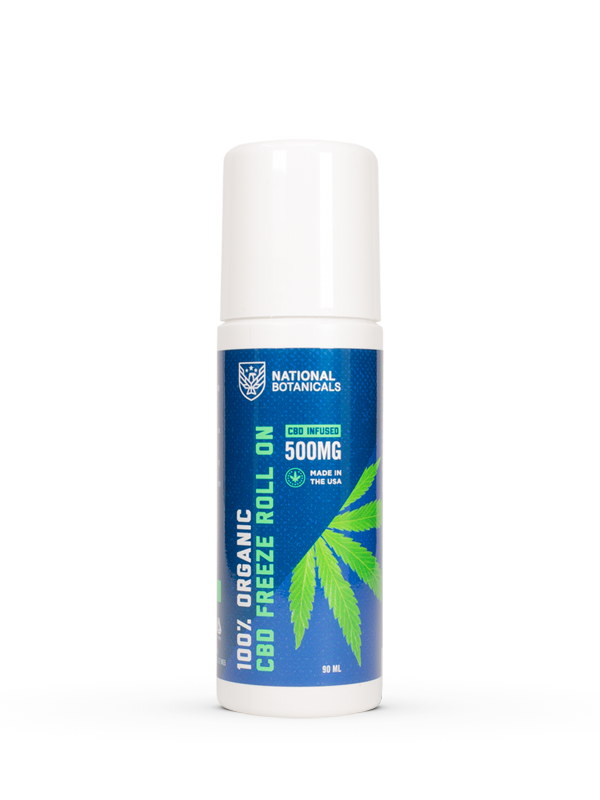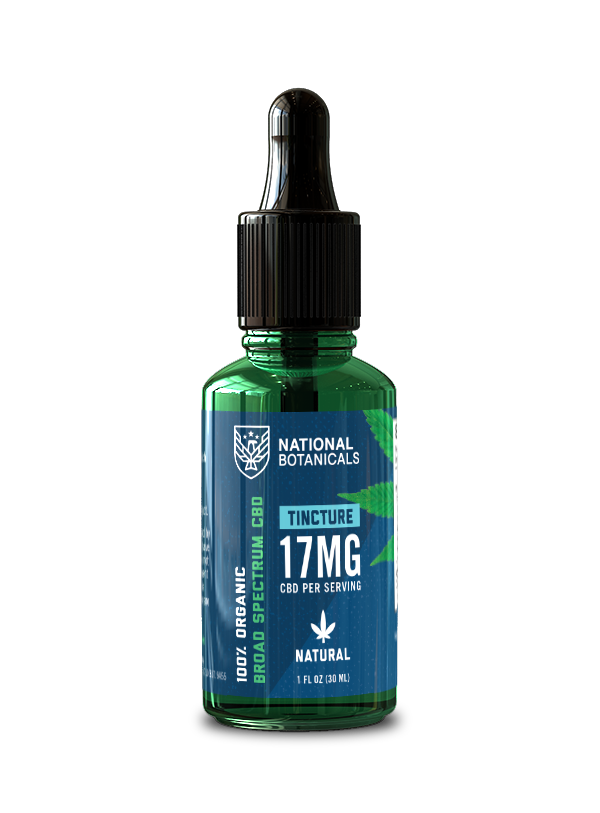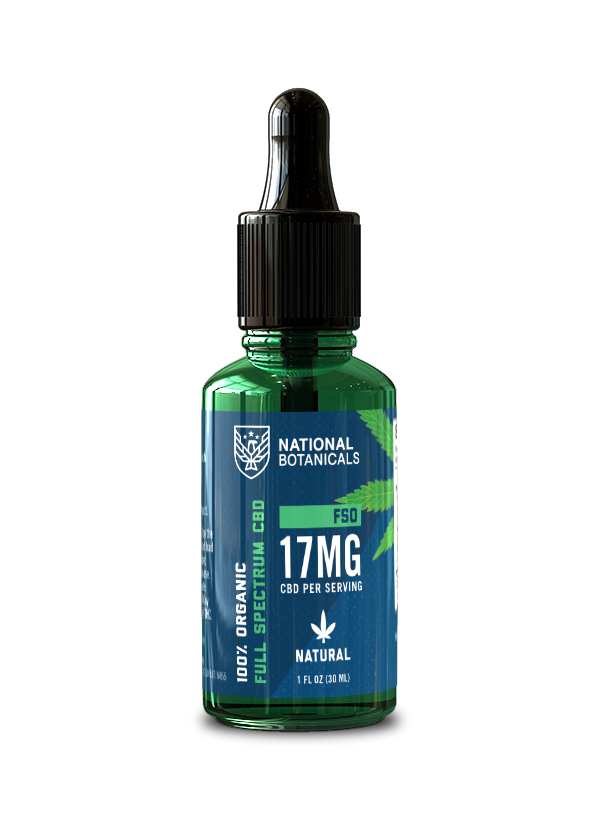Cannabis in the Ancient World
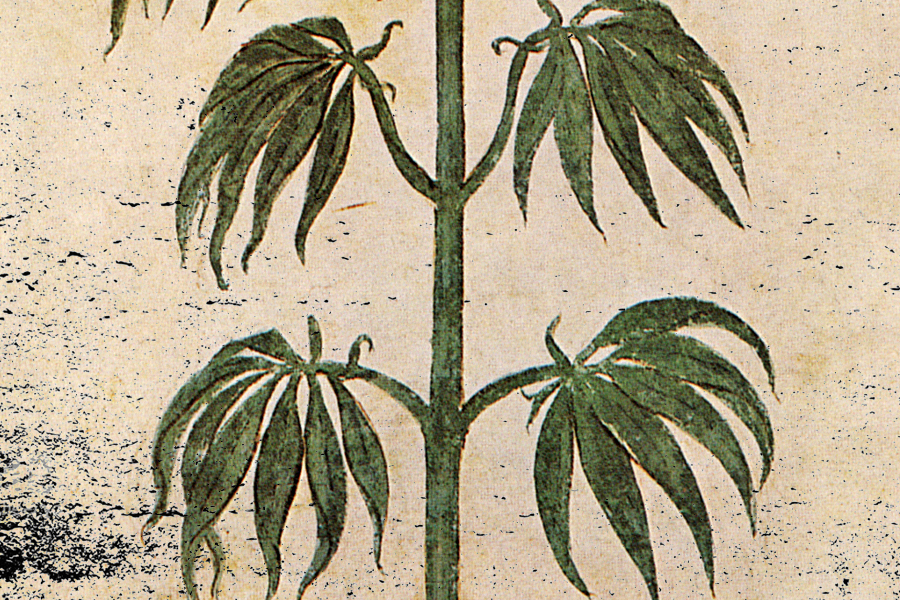
As a veteran, you may have spent your life with the understanding that anything associated with the consumption of cannabis, even medical CBD, was a pathology. The Army, Navy, Marines, Air Force, and Coast Guard have maintained their zero-tolerance policies when it comes to cannabinoids. So, stepping into the VA to talk to your physician about what’s legal at the state level may feel intimidating. To lend better context to what cannabinoids, like CBD, are and their use throughout history, let’s throwback to a time before the rise and fall of the Roman Empire and see what people were doing with cannabis in the ancient world.
More than a medicine, Cannabis represents a range of plants that vary in their height, leaf shape, chemical profile, and even their color. Its versatility has significant economic consequences, as well. Varieties of Cannabis, including what people commonly know as hemp, are a component in the production of:
- Textiles, clothing, and shoes
- Building materials, including insulation
- Paper and ink
- Biofuel
- Rope
- Food
- And more
The Origins of Cannabis in the Ancient World
How long people have been utilizing Cannabis is not entirely clear. There is some evidence that suggests that hemp was one of the first crops humans were able to successfully cultivate. Carl Sagan once pondered upon the fact that the Pygmies’ only cultivated plant is hemp. He said, “it would be wryly interesting if in human history the cultivation of marijuana led generally to the invention of agriculture, and thereby to civilization.”
While his suggestion is difficult to prove, substantial documentation exists showcasing the importance of hemp’s industrial and medical properties.
According to a paper published in 2018 in the journal Revista de Neurologia, these plants have a history of medical use that extends back roughly 5,000 years. The authors of the paper cited Chinese medical references which date back to 2,737 B.C.
Another paper, presented a decade earlier, had already described cannabis which had been preserved in a 2,700-year-old tomb located in Caucasia. The authors of the paper, Russo et al., indicated that the plants resembled today’s most common medical cannabis product: selected and pruned female buds with high concentrations of cannabinoids. This indicates that pre-Silk Road cultures were not only cultivating cannabis, but likely engaging with its pharmacological properties.
In 2017, research suggested that much of ancient Chinese medicine regarding Cannabis was derived from the female inflorescence of the plant. However, it also indicated that there is much more to learn. Some of the key issues with understanding the history of medical cannabis in the ancient world include:
- The majority of ancient Chinese medical scriptures have not been subject to translation into Western languages.
- Chinese researchers are unclear on which ancient words refer to which plant parts.
- The obscurity of ancient people’s impact on Cannabis lineages through selection practices.
Religious Use of Cannabis in the Ancient World
It’s quite possible that ancient religions were intertwining their practices with early varieties of Cannabis, as well. According to the Ancient Hebrew Research Center, the recipe for “holy anointing oil” may have been calling for extracted cannabinoids. Their research indicated that:
- The recipe calls for qaneh bosem, Hebrew for “an aromatic resinous reed plant.”
- “Qaneh bosem” may be the Semitic origin of the word “cannabis.”
- Cannabis was already known to exist in the Far East at the time.
To the southwest, hemp holds a cloudy history throughout the legends and culture of India. As a 2012 paper indicated, “Cannabis is used in an orally administered form called bhang which can be either the wet resinous leaves formed into pills of a drink made of milk, cannabis, and various spices consumed by worshipers of Shiva on festival days or by smoking the flowering buds of cannabis-a practice generally reserved for holy men who dedicate their lives to ascetic practice and the worship of Shiva.”
A 2001 paper, published in Medicine, Science, and the Law, suggested there may be some downsides to this practice, however. The authors presented the case of a 25-year-old man dying within 24 hours of drinking a 300ml preparation of bhang.
The paper noted, however, that they presented this case because it was so uncommon for deaths to occur after the consumption of the ancient drink. They also pointed out that the deceased had suffered from a severe heart condition and had previously undergone open-heart surgery.
More importantly, the overall health of the nation was offered as a counterbalance. The authors noted medical cannabis is common in India in the forms of bhang, charas, ganja, sweetmeat, and other forms.
Cannabis in Ancient Indian Cultures
A paper from 2017 was even more precise in placing medical cannabis in its proper historical context. Published in the International Journal of Ayurveda and Pharmaceutical Chemistry, the authors noted that “for at least the last 4600 years, Cannabis has been continuously cultivated and used in Northern India” and that it’s well known to be the favorite plant of Lord Shiva.
The authors of the paper even hypothesized that there may be no better place to look for the historical context of medical cannabis in the ancient world than within Indian culture. This is because “no other country can boast such a wealth of traditional use of Cannabis, combined with a well documented history of its risks and benefits.”
In the Atharveda, for example, the researchers pointed out that bhang is noted for being “one of the five sacred plants and as a source of happiness, donator of joy, and bringer of freedom”. They also pointed out that the Sushruta Samhita prescribed medical cannabis for:
- Phlegm
- Cattarh
- Diarrhea
The ancient Indians certainly weren’t trying to bury their medical cannabis consumption. Neither were the Egyptians when they built their pyramids. In fact, a 2007 paper suggested that research into ancient Egyptian use of medical cannabis may provide an archetype for future research into its historical context around the world.
Further research has laid out a concept of medical cannabis that carpets much of history. So, how does the history of medical cannabis impact veterans like you?
How History and Human Health Align
The ancient cultures of China, Egypt, and India did not possess the unique scientific insights that we have today. Nonetheless, their people had experience helping people with medical cannabinoids.
Today, we see our medical research frequently citing their use in ancient cultures as a segue to our current understanding of the value of things like CBD.
In 2018, the federal government of the United States legalized certain species of Cannabis and declassified their constituent parts, including CBD.
For veterans, this means any CBD drug that the FDA approves will comply with their standards for treatment. As we’ve seen from more recent research, CBD may be useful in assisting with:
- Sleeping conditions
- Anxiety
- Depression
- And more
Our ancestors may not have produced the scientific rigor and precision that we exercise today. Regardless, they had a keen understanding of the value of medical cannabis, including CBD.
We can throwback to their genius today, but we also remain hopeful that every veteran will soon have access to the medical value of cannabinoids, regardless of where they live.
If you want to help us push for the continued expansion of choice and protection for veterans and first responders, please share this post with your friends!
To learn more about CBD, visit our FAQ page.
